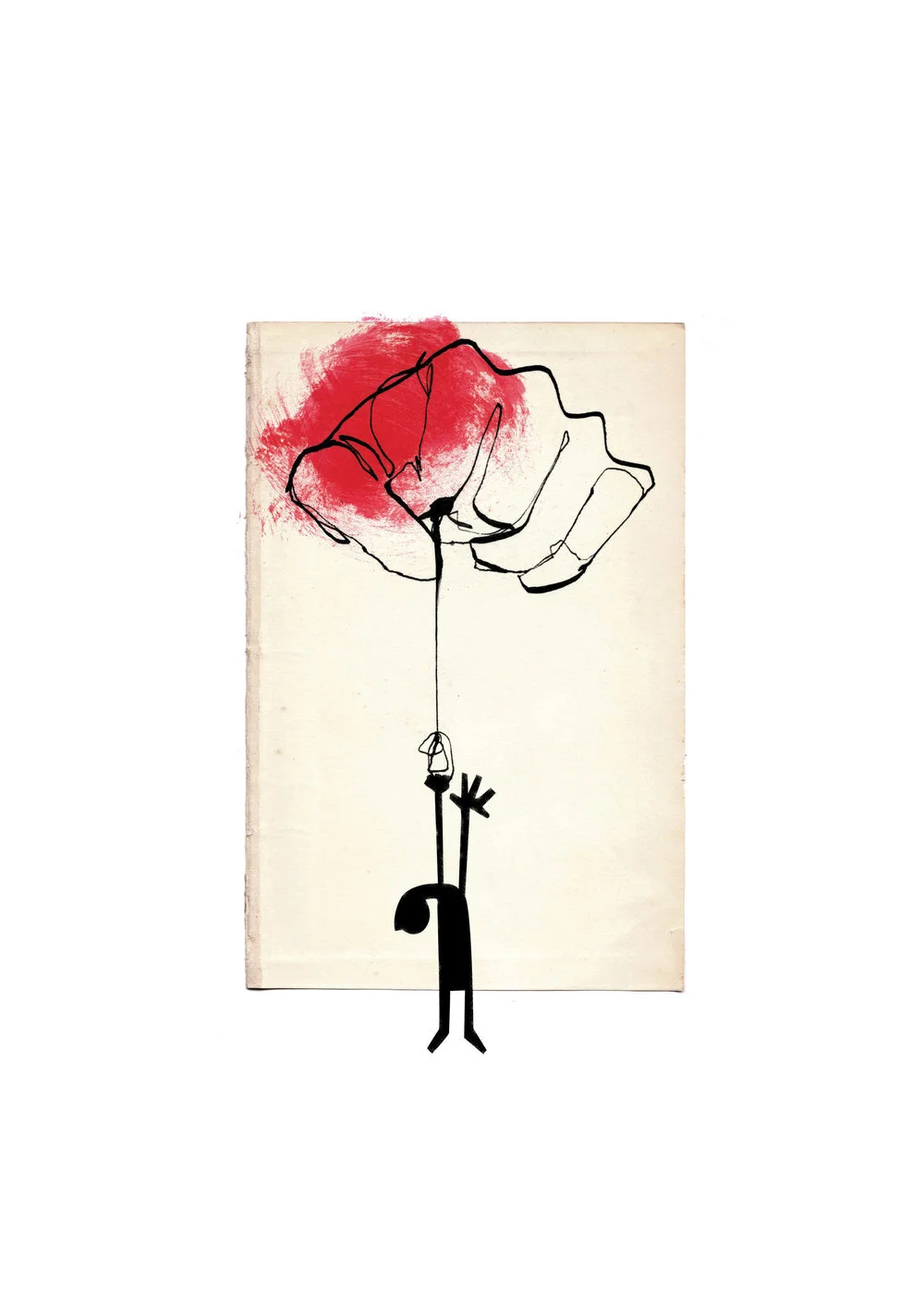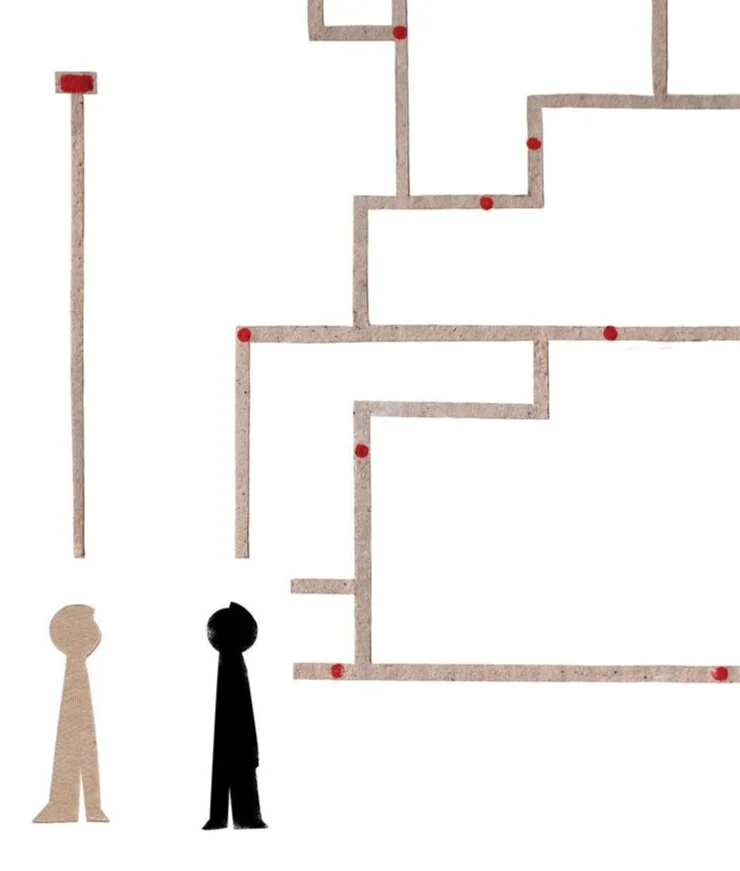The Covid-19 pandemic has affected children’s social and economic rights directly and indirectly beyond what we could have foreseen. What are the challenges to achieving these rights for children, and how can they be met during and after a pandemic?
Yujin Kim, a member of Youth 4 Climate Action Korea, reflects on the need to treat the climate crisis as urgently as any pandemic, and include young people - who are the biggest stakeholders - in developing an equitable recovery and development policy.
Read MoreCRIN is monitoring policy developments and recommendations on children’s rights in response to the Covid-19 pandemic. This page includes recommendations by international, regional and national human rights bodies and organisations on a wide range of issues.
Read MoreThe Covid-19 pandemic has forced many people to move their lives almost exclusively online. What are the concerns around the collection of children’s data and their surveillance?
Read MoreIn March 2020, CRIN joined the Digital Maker Collective at the Tate Modern’s Tate Exchange developed a series of workshops and talks introducing the general public to children’s rights and the digital environment.
Read MoreReports of escalating violence against women and children in the home followed the announcement of lockdowns to control the spread of Covid-19. Here we take a look at available data from domestic violence and child helplines and highlight that violence against women and children in the home is a pandemic too.
Read MoreOvercrowded facilities such as prisons, care homes and orphanages are breeding grounds for Covid-19. But children living in residential institutions have received little media attention. How should governments be responding during – and after – this pandemic?
Read MoreIn November 2019, we ran a workshop on how to hide from facial recognition at The Warren youth club in Hull, with DefendDigitalMe and Privacy International.
Read MoreMost of Chile’s Mapuche people live in La Araucania, the country’s poorest region which also presents the second highest number of Covid-19 infections. We spoke with local Mapuche activist and educational psychologist Onésima Lienqueo to find out how the pandemic is impacting Mapuche children.
Read MoreTo contain the spread of Covid-19, most countries have introduced curfews for all citizens, but a number of them have only introduced them for certain age groups, including under-18s. Here we review the ethics of age-based curfews and their effectiveness in the fight against the pandemic.
Read More(SPANISH) En la región chilena de La Araucanía vive más gente del pueblo indígena mapuche que en cualquier otra región del país, y además presenta tanto el índice de pobreza más alto y el número más alto de infecciones de covid-19. CRIN habló con Onésima Lienqueo, psicopedagoga y educadora tradicional mapuche para conocer mejor la situación actual del pueblo mapuche de Chile.
Read MoreSome countries have categorised abortion as a non-essential health service during this pandemic, while others have removed certain restrictions to accessing abortion. To find out what is the current state of women and girls’ reproductive rights we spoke with the Senior Global Advocacy Advisor at the Center for Reproductive Rights office in Geneva.
Read MoreMillions of workers in the informal economy cannot comply with lockdown rules, including child and adolescent workers, as their livelihood depends on going out to work. We spoke with Argentinian sociologist and teacher Santiago Morales to learn more about how young people from Buenos Aires’ low-income neighbourhoods are coping.
Read More(SPANISH) Millones de trabajadores de la economía informal no pueden cumplir con las reglas de confinamiento, incluida la niñez y adolescencia trabajadora, ya que su sustento depende de que salgan a trabajar. CRIN habló con el sociólogo y educador popular argentino Santiago Morales para conocer mejor la situación para los autodenominados ‘chiques del pueblo’ de Buenos Aires.
Read MoreIn March 2020, CRIN joined the Digital Maker Collective at the Tate Modern’s Tate Exchange event Uni To Unicorns, to explore the intersection between art schools, technology and social good.
Read MoreThis week, CRIN staff recommend: A hopeful view of human nature, how mutual aid can become more political, re-thinking education, the danger of a single story, articulating eco-feminism and finding humanity.
Read MoreAre you bored at home or isolated without any other means of entertainment aside from Netflix and mindless browsing? Check out some of our workshops and activities to enjoy at home.
Read MoreCountry lockdowns and social distancing make us believe protest gatherings are off-limits, but youth climate protesters have shown that activism doesn’t just happen on the street.
Read MoreThis week, CRIN staff recommend: Period talk during the pandemic, Earth School and Nawal El Saadawi on feminism, fiction and the illusion of democracy.
Read MoreWith federal recommendations that elective surgeries be suspended, what does that mean for the most common elective surgery in the US - routine male circumcision?
Read More

















